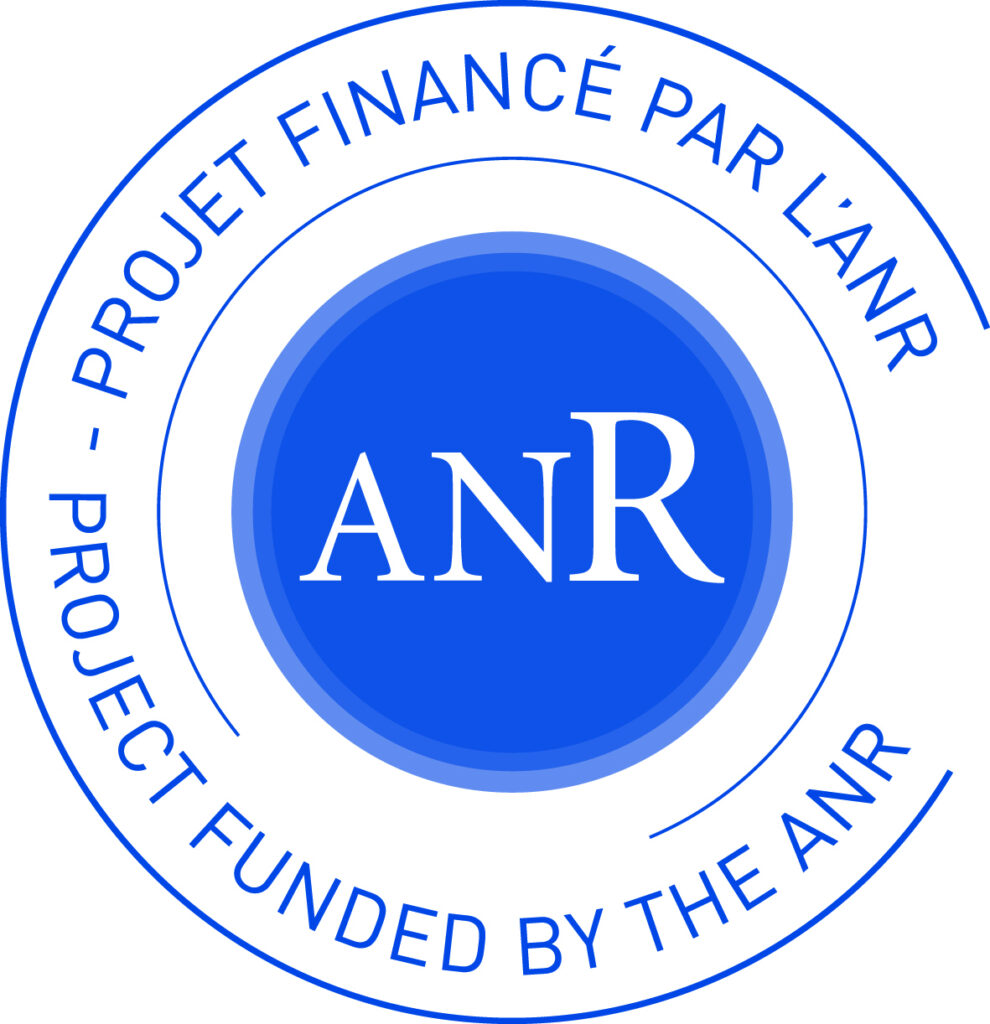SOLHARIS aims at achieving strong and weak scalability (i.e., the ability to solve problems of increasingly large size while making an effective use of the available computational resources) of sparse, direct solvers on large scale, distributed memory, heterogeneous computers. These solvers will rely on asynchronous task-based parallelism, rather than traditional and widely adopted message-passing and multithreading techniques; this paradigm will be implemented by means of modern runtime systems which have proven to be good tools for the development of scientific computing applications.
The challenges that SOLHARIS will be confronted with are related to the complexity, irregularity and, to some extent, unpredictability of sparse, direct solvers, to the large scale, complexity and heterogeneity of supercomputing platforms and to the ever increasing performance gap between processing units, memories and interconnects. SOLHARIS will tackle these challenges with three, tightly combined research efforts. First, it will develop dense and sparse linear algebra algorithms that can achieve better scalability by means of higher concurrency and efficiency and lower memory consumption. Second, it will improve runtime systems with novel features that enhance their performance and scalability and extend their programming interface to allow for an efficient and portable implementation of scalable algorithms. Third, it will develop scheduling methods for achieving high perfor mance and scalability of both runtime systems and sparse direct solvers on large heterogeneous supercomputers.

